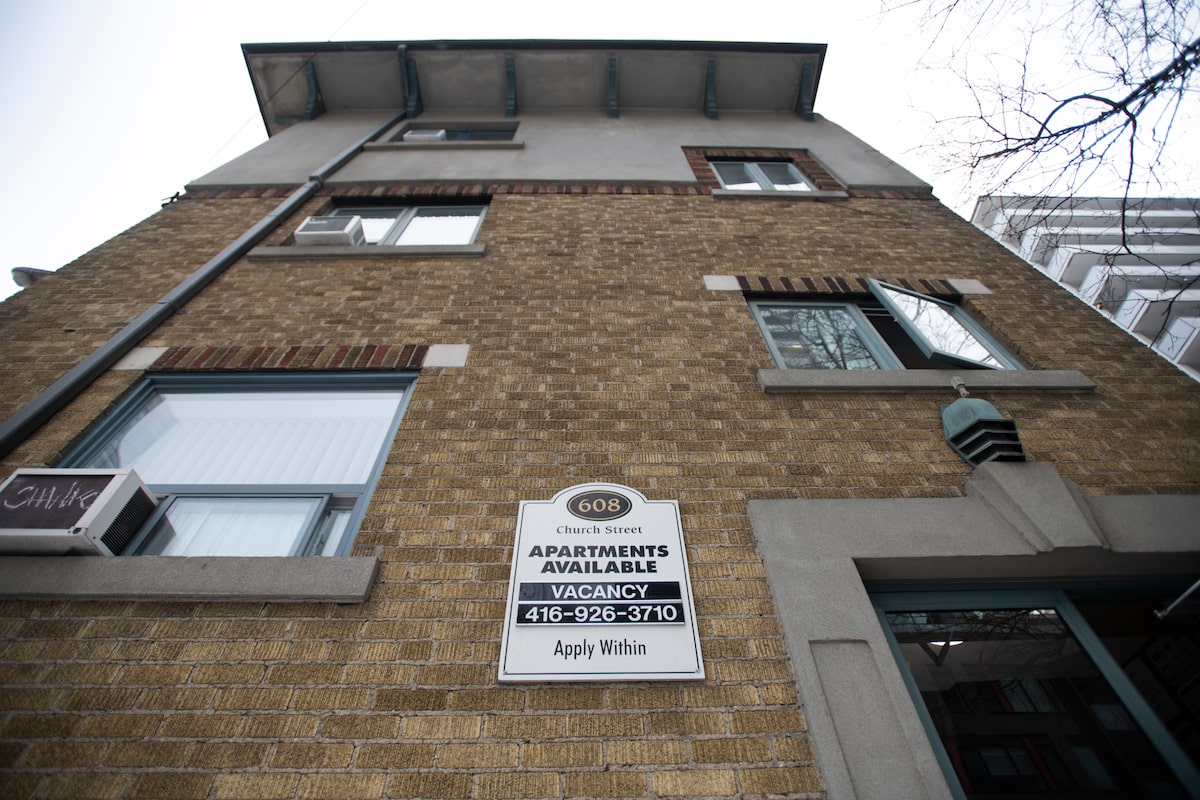Renting vs. Owning in Canada: Big Savings? A Comprehensive Look
The age-old question for Canadians: rent or buy? The answer isn't simple, and it depends heavily on individual circumstances and financial goals. While owning a home often evokes feelings of stability and investment, renting offers flexibility and potentially lower upfront costs. This comprehensive guide dives into the financial realities of renting versus owning in Canada in 2024, helping you make the best decision for your unique situation.
The High Cost of Homeownership in Canada
Canada's housing market has seen significant fluctuations, with certain regions experiencing astronomical price increases. This makes the decision to buy even more complex. Let's examine the key costs associated with homeownership:
Upfront Costs:
- Down Payment: This is a substantial initial investment, typically ranging from 5% to 20% of the home's purchase price, depending on the mortgage type.
- Closing Costs: These include legal fees, land transfer taxes (varying by province), appraisal fees, and more, adding thousands to the initial outlay.
- Moving Costs: Relocating can be expensive, especially for larger moves or those requiring professional movers.
Ongoing Costs:
- Mortgage Payments: Monthly mortgage payments are a significant commitment, influenced by interest rates, amortization period, and the loan amount. Current interest rates should be carefully considered. [Link to a reputable Canadian mortgage rate comparison site]
- Property Taxes: These annual taxes contribute significantly to the overall cost of homeownership.
- Home Insurance: Protecting your investment with home insurance is crucial, adding to your monthly expenses.
- Maintenance and Repairs: Unexpected repairs and regular maintenance can quickly drain your savings. Factor in potential costs for plumbing, electrical work, roof repairs, etc.
- Utilities: Heating, cooling, water, and electricity costs are considerably higher for homeowners compared to renters.
The Appeal of Renting in Canada
Renting offers a level of flexibility and predictability that homeownership often lacks.
Advantages of Renting:
- Lower Upfront Costs: Renting requires only a security deposit and first month's rent, significantly less than the costs associated with purchasing a home.
- Flexibility and Mobility: Renters can easily move when their lease expires, providing freedom and adaptability to changing circumstances.
- Predictable Monthly Expenses: While rent can increase, it usually does so in a predictable manner, unlike the unpredictable costs of homeownership.
- Reduced Responsibility: Landlords are generally responsible for major repairs and maintenance, reducing the burden on renters.
Comparing the Costs: A Case Study
Let's consider a hypothetical scenario: A young professional in Toronto earning $75,000 annually. Comparing renting a one-bedroom apartment ($2,000/month) versus owning a condo ($500,000 purchase price). Factoring in mortgage payments, property taxes, insurance, and maintenance, homeownership could easily cost $3,000 - $4,000 per month. This highlights the significant difference in monthly expenses.
Making the Right Choice for You
Ultimately, the best option – renting versus owning – depends on your individual circumstances. Consider:
- Your Financial Situation: Do you have a stable income and sufficient savings for a down payment and closing costs?
- Your Lifestyle: Do you prioritize flexibility and mobility, or the stability of homeownership?
- Your Long-Term Goals: Are you planning to stay in the same city for an extended period?
- Your Risk Tolerance: Owning a home carries inherent financial risks, including market fluctuations and potential repair costs.
Consult with a financial advisor for personalized guidance tailored to your specific needs and aspirations.
Disclaimer: This article provides general information and should not be considered financial advice. Consult with a qualified professional for personalized guidance.
